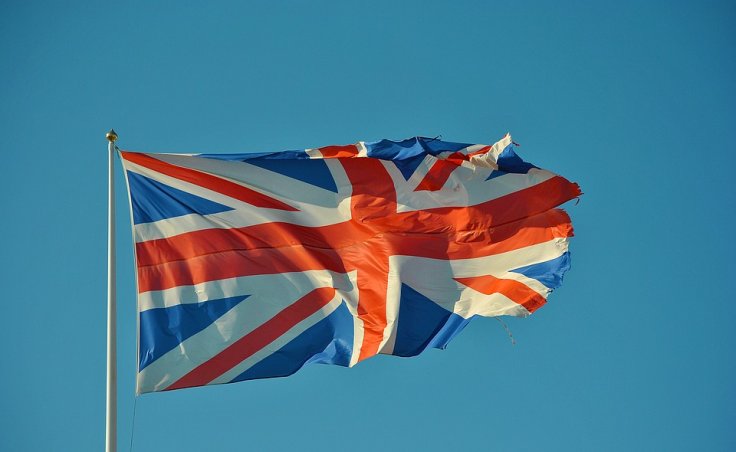The UK government on Wednesday condemned the Iranian missile strikes on two US military bases in Iraq, where British personnel are also stationed.
Speaking to the BBC, Brexit Secretary Stephen Barclay stressed that all parties in the crisis "need to de-escalate".
"It's in no side's interest to see war," he said, adding that Prime Minister Boris Johnson would be updating the House of Commons and would also discuss the situation at a meeting with EU Commission President Ursula von der Leyen on Wednesday.

While Foreign Secretary Dominic Raab urged Iran not to repeat "reckless and dangerous attacks", a Ministry of Defence spokesman added: "We are urgently working to establish the facts on the ground. Our first priority continues to be the security of British personnel."
But Tehran's ambassador to the UK, Hamid Baeidinejad said that the attack was an act of self-defence and the country "does not seek escalation or war".
In the early hours of Wednesday, the Islamic Revolution Guards Corps (IRGC) launched the heavy ballistic missile attacks on the Ain al-Asad base near the border with Syria and a US operated airbase in Erbil, in retaliation to the killing of Iranian Major General Qasem Soleimani in an American drone attack in Baghdad on January 3.
Ain al-Asad has a 4 km runway at 188m altitude from sea levels, which is the main and the largest US airbase in Iraq. All flights have been cancelled at Erbil airport.
Currently, there are around 400 UK troops stationed in Iraq, primarily to assist Iraqi troops in defeating the Islamic State terror group.
On Tuesday, the UK put the Royal Navy and military helicopters on standby in the Gulf amid the rising tensions. The government said non-essential UK personnel had also been moved out of Baghdad.









